As we step into the vibrant world of Indian literature, the JCB Prize for Literature stands as a beacon, illuminating the path to excellence in storytelling. The unveiling of the JCB Prize for Literature 2023 longlist is a moment of anticipation and discovery for book enthusiasts across the globe. Let’s embark on a journey together to explore the rich tapestry of narratives that make up this year’s selection.
A Kaleidoscope of Voices
This year’s longlist showcases the depth and breadth of Indian literary talent. Hailing from 24 different cities, authors have penned their stories in eight diverse languages, reflecting India’s cultural mosaic. Among the selected works are three debut novelists, whose fresh voices promise to add new dimensions to the Indian literary landscape.
A Multilingual Medley
The beauty of the JCB Prize for Literature lies in its celebration of linguistic diversity. This year’s longlist includes translations from Bengali, Hindi, and Tamil, offering readers a chance to savor the essence of Indian storytelling in its various forms.
Returning Stars
Some familiar names grace this year’s longlist. Authors Manoranjan Byapari and Perumal Murugan, both two-time longlistees, make their triumphant return with “The Nemesis” and “Fire Bird,” respectively. Tanuj Solanki, previously shortlisted, joins the list once again with “Manjhi’s Mayhem,” showcasing his enduring literary prowess.
A Debut in Translation
Hansda Sowvendra Shekhar, a familiar name on previous longlists, ventures into the realm of translation with Manoj Rupda’s Hindi book, “I Named My Sister Silence.” The jury has lauded this translation as a work of “epic stature told with great beauty and brevity.” At its heart lies a poignant exploration of the complex sibling relationship, making it a standout among novels in this genre.
A Glimpse into the Sindhi Experience
Geet Chaturvedi’s debut work, “Simsim,” translated from Hindi by Anita Gopalan, adds a unique perspective to the longlist. This book delves into the undocumented Sindhi experience of displacement and loss of home. The narrative goes beyond mere nostalgia, connecting the past with the present, and remembering with forgetting—a poignant exploration of identity and belonging.
Emerging Voices
The longlist for 2023 introduces us to two promising debut authors: Tejaswini Apte-Rahm with “The Secret of More” and Bikram Sharma, who makes his writing debut with “The Colony of Shadows.” These fresh voices promise to enthrall readers with their unique storytelling.
A Diverse Array of Themes
The longlist further includes “The East Indian” by Brinda Charry, “Everything the Light Touches” by Janice Pariat, and “Mansur” by Vikramjit Ram, each offering a distinctive narrative that delves into a wide range of themes, emotions, and experiences.
Longlist of JCB Prize for Literature 2023
1. The East India by Brinda Charry
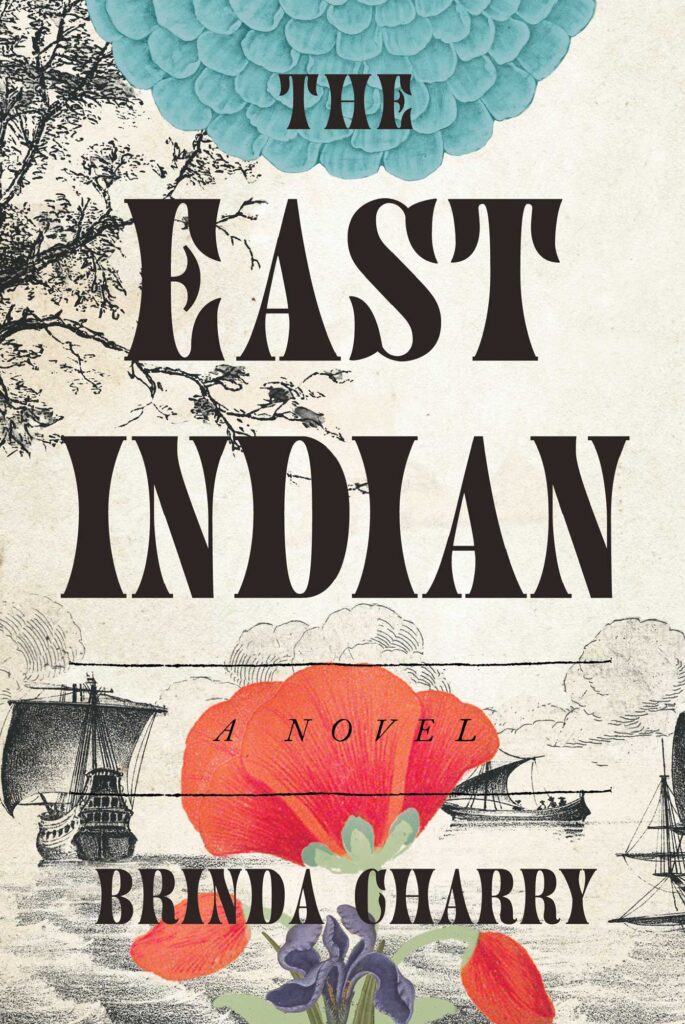
“The East Indian” by Brinda Charry is a novel that follows the journey of Tony, a compassionate and curious young man who is kidnapped from the coast of India and taken to London before being indentured on a Virginia tobacco plantation in the New World. Alone and longing for home, Tony dreams of a future as a physician’s assistant and a healer. The story, set during the early days of English colonization in Virginia, is filled with oddities, humor, and tragedy, much like the Shakespearean play “A Midsummer Night’s Dream” that captivated Tony during his time in London. Charry’s novel gives voice to this unknown historical figure and vividly brings his world to life.
2. The Nemesis by Manoranjan Byapari
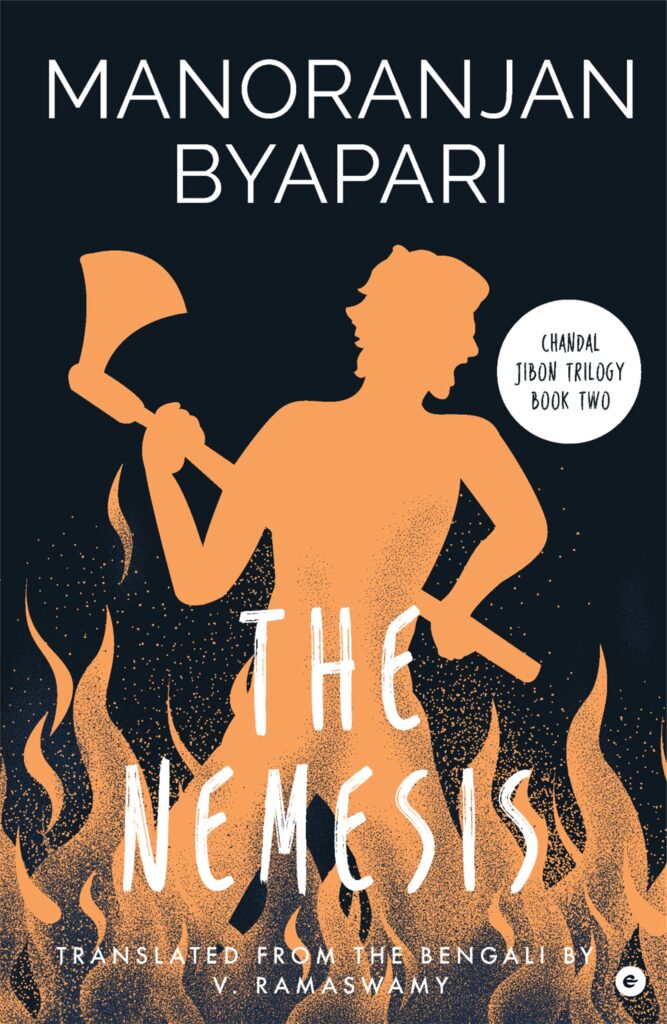
“The Nemesis” by Manoranjan Byapari, translated by V. Ramaswamy, is the second installment of an extraordinary trilogy set in the late 1960s and early 1970s. Against the backdrop of East Pakistan’s struggle for liberation, a surge of refugees pouring into India, and the rising Naxalite movement, the novel follows Jibon, a young man in Calcutta, as he grapples with hunger, inequality, and a fervent nationalistic spirit. Amid a turbulent political landscape, the story paints a vivid portrait of Jibon’s quest for a life that has long been denied to him, offering a compelling glimpse into the complex dynamics of that era in West Bengal, India.
3. The Secret of More by Tejaswini Apte-Rahm
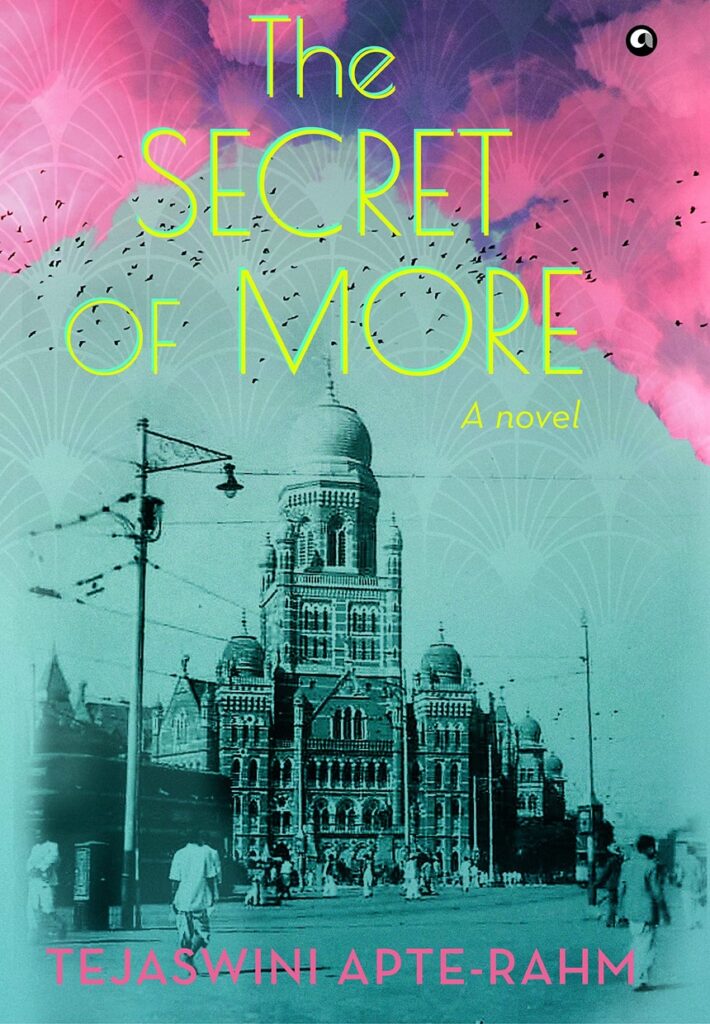
“The Secret of More” by Tejaswini Apte-Rahm is a captivating novel set in the bustling heart of Bombay. It follows the journey of Tatya, a determined and hardworking young man who makes a name for himself in the city’s renowned textile market. As he builds his success, his wife Radha navigates the challenges and joys of family life in a city rapidly modernizing yet deeply rooted in tradition. Tatya’s life takes an unexpected turn when he enters the emerging world of motion pictures, initially hesitating but eventually achieving great success. However, his friendship with and attraction to actress Kamal puts his integrity to the test. Set against the backdrop of colonial Bombay, the novel explores relentless ambition, enduring love, and bitter betrayal, as Tatya and his family seek to unlock the secret of having more and being more in a city where success and failure are both magnified.
4. Everything the Light Touches by Janice Pariat
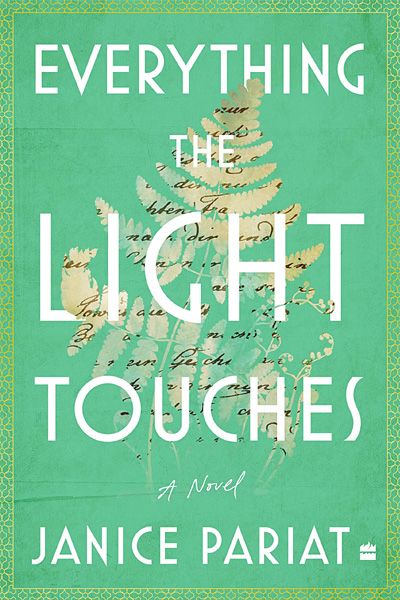
In Janice Pariat’s captivating novel, “Everything the Light Touches,” a diverse cast of travelers takes center stage. Meet Shai, a young Indian woman who embarks on a transformative journey to India’s northeast, where encounters with indigenous communities awaken her to rediscovered ways of life. Enter Evelyn, an Edwardian student at Cambridge, driven by Goethe’s botanical writings to venture into the sacred forests of the Lower Himalayas. Linnaeus, the renowned botanist and taxonomist, leads an expedition to Lapland in 1732, famously declaring, “God creates; Linnaeus organizes.” And Goethe himself, exploring Italy in the 1780s, formulates revolutionary ideas for a text that challenges our inclination to reduce plants and the world into static fragments.
5. Fire Bird by Perumal Murugan
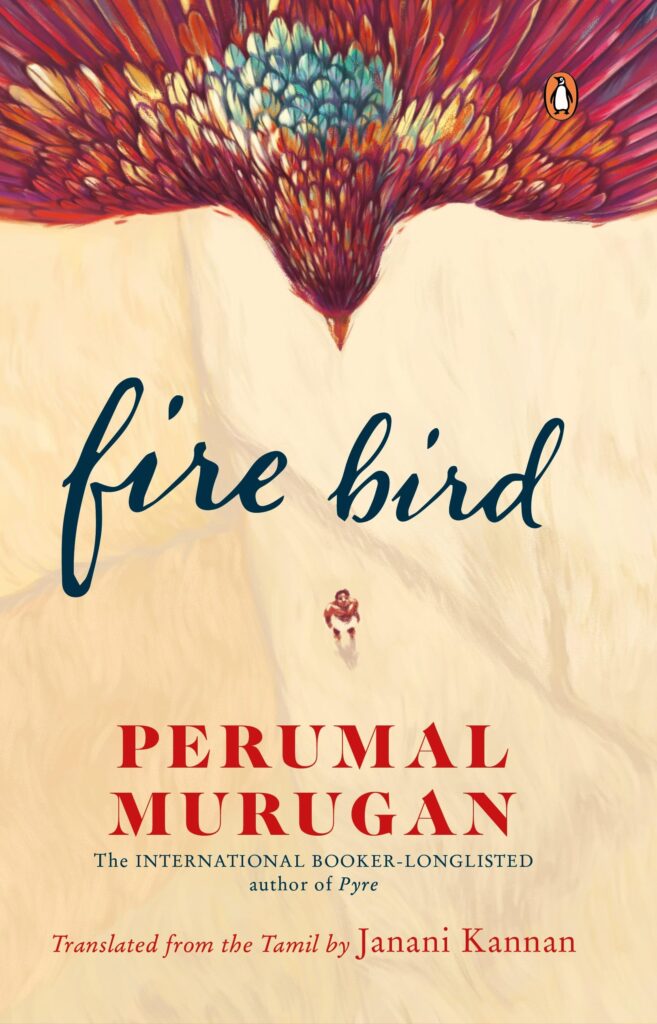
“Fire Bird” by Perumal Murugan, skillfully translated by Janani Kannan, is a profound narrative delving into the quest for permanence in an ever-changing world. The story revolves around Muthu, whose life takes a tumultuous turn when his father divides the family land, leaving him with little and causing rifts within the family. Betrayed by his once-revered eldest brother, Muthu is compelled to abandon his once-ideal life and embark on a journey to find a new existence for himself, his wife, and their children. Drawing from Murugan’s own experiences of displacement and movement, the novel explores the human inclination towards permanence, even though it remains elusive. The titular “fire bird” symbolizes the illusory and migratory nature of this pursuit. “Fire Bird” is a beautifully written and thought-provoking exploration of our innate desire for stability amid the ever-changing landscapes of life.
6. I Named My Sister Silence by Manoj Rupda
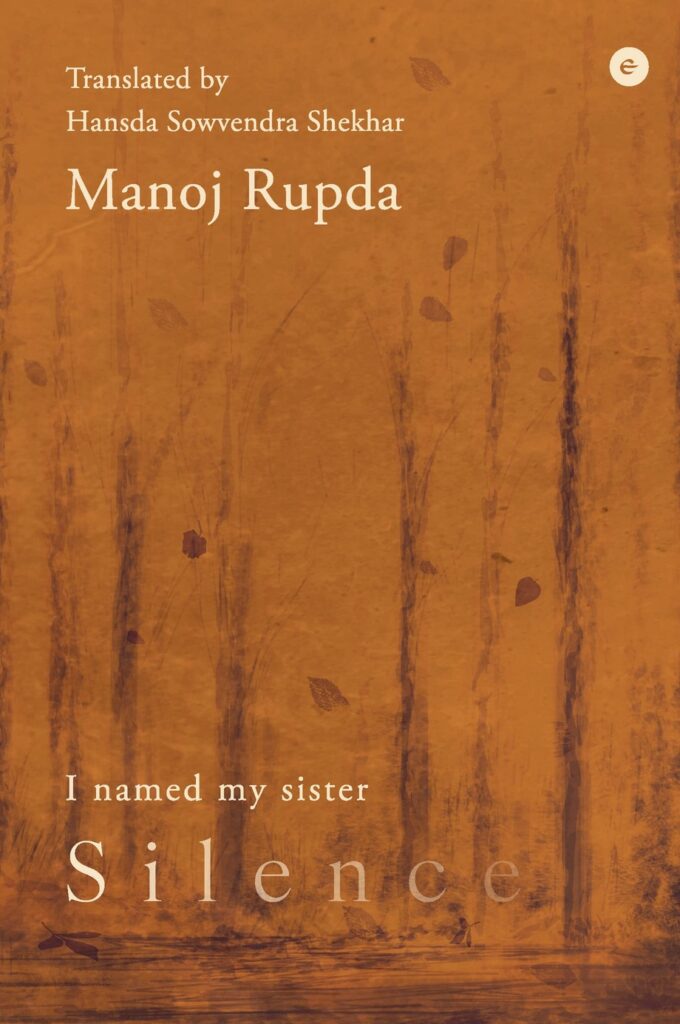
“I Named My Sister Silence” by Manoj Rupda, translated by Hansda Sowvendra Shekhar, follows a young boy who witnesses a tragic incident in the forest as a child. Years later, he reflects on his destiny and recalls his silent half-sister, Madavi Irma, who left to join the Maoist Dada Log. Upon his return to Bastar, he finds the region in turmoil as Adivasis rebel to protect their land. Determined to find his sister, he re-enters the forest and confronts the deceptions of those in power. This thought-provoking novel leaves a lasting impact on readers.
7. Manjhi’s Mayhem by Tanuj Solanki
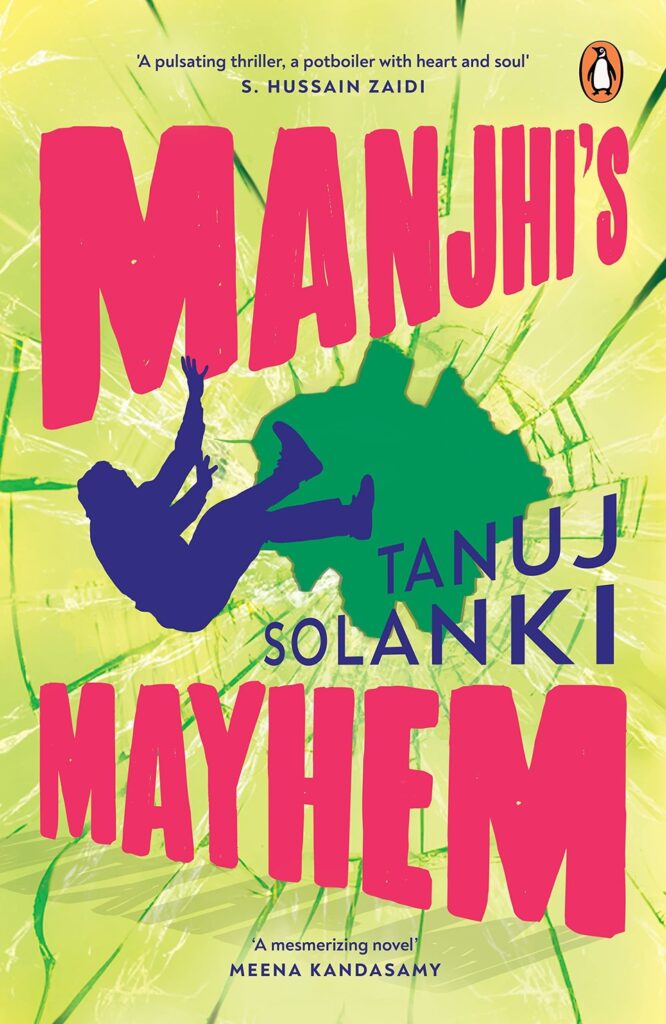
“Manjhi’s Mayhem” by Tanuj Solanki introduces us to Sewaram Manjhi, a security guard outside a fancy café in Bombay who harbors deep-seated rage and an unrelenting desire for a better life. When Santosh, a distressed hostess from a nearby restaurant, approaches him with a peculiar request, Manjhi cannot refuse. What ensues is a whirlwind of chaos and deception as Manjhi becomes entangled in a web of lies, chasing after a bag of money that leads to violence, sex, seduction, and murder. In this gripping novel, Manjhi’s pursuit of wealth and control over his destiny in a society where birth often dictates one’s fate takes center stage.
8. The Colony of Shadows by Bikram Sharma
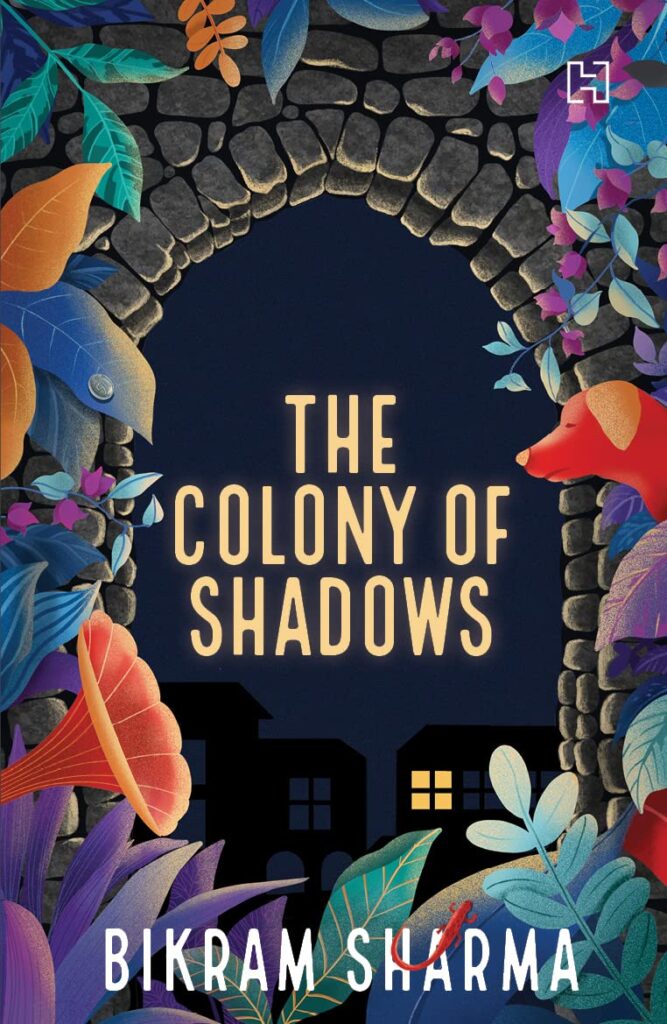
“The Colony of Shadows” by Bikram Sharma is a gripping debut novel that follows the nine-year-old protagonist, Varun, as he grapples with the untimely loss of his parents and the challenges of adapting to his new life in Bangalore, under the care of his observant aunt and bedridden grandmother. Amidst his struggles, Varun stumbles upon a mysterious, abandoned colony hidden behind a hole in the garden wall. This place eerily resembles his old home in Delhi, offering a deceptive sense of comfort. However, lurking in the shadows of this colony is a menacing threat, waiting for the right moment to strike and wreak havoc. The novel delves into themes of loss, grief, hope, and the lengths one goes to for the people they love, keeping readers on edge as they wonder whether Varun will survive the lurking danger or be consumed by the enigmatic colony of shadows.
9. Simsim by Geet Chaturvedi
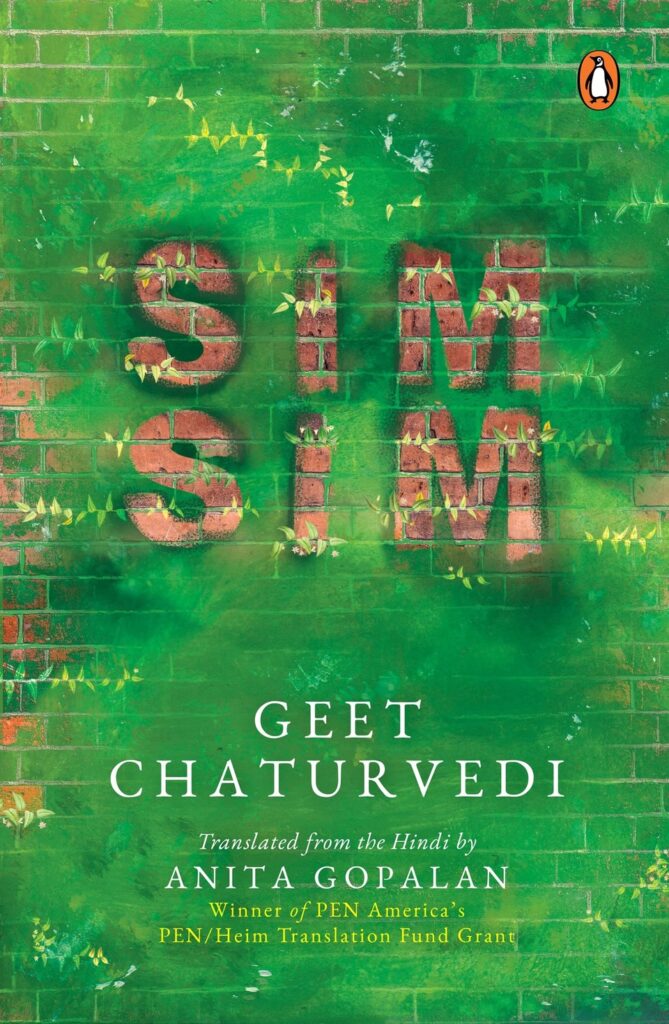
“Simsim” by Geet Chaturvedi is a poignant novel that explores the lives of diverse characters. Old Basar Mal reminisces about his lost love and homeland in Sindh, Pakistan, during the Partition. A young graduate forms an imaginary relationship with a girl he observes at a yellow window. Meanwhile, the Mumbai land mafia threatens Basar Mal and his library. The story also features a talkative book cover that shares the plight of books and a silent Mangan’s ma who cares for a plastic doll she believes is her son. Geet Chaturvedi’s beautifully written narrative, skillfully translated by Anita Gopalan, weaves a tale that delves into the intersections of memory, imagination, and reality. “Simsim” is a charming and wonderfully original novel that showcases the struggle for happiness, the pursuit of passion, and the process of coming to terms with loss through the lives of relatable yet remarkable characters.
10. Mansur by Vikramajit Ram
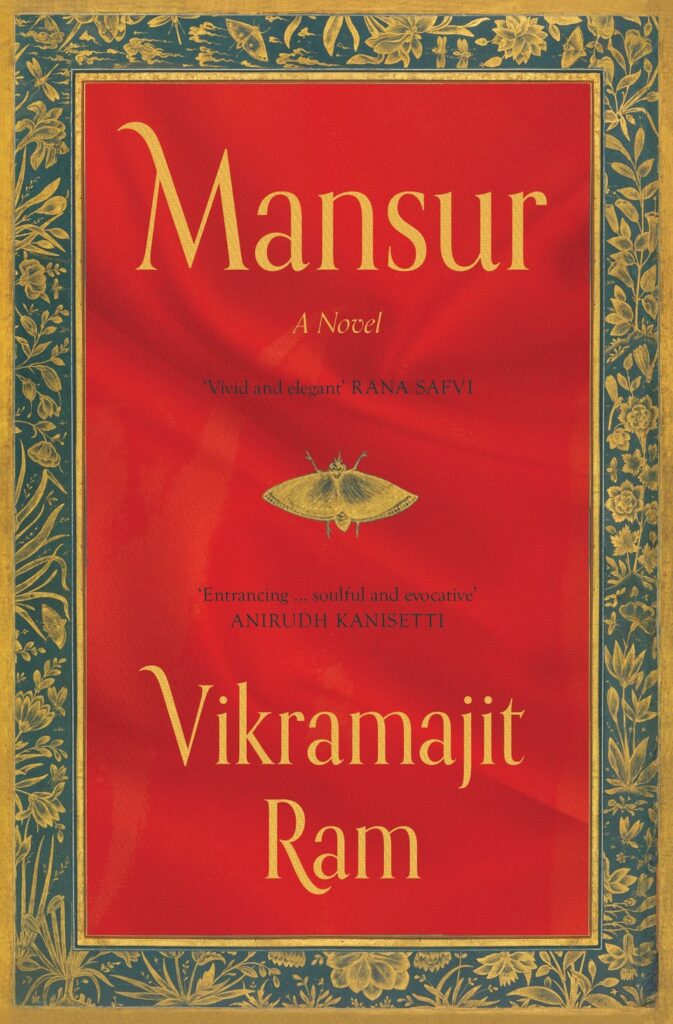
In “Mansur” by Vikramajit Ram, set in 1627 under the patronage of Mughal emperor Jahangir, master artist Mansur is interrupted by a colleague’s seemingly innocent remark, triggering a chain of secrets and rivalries among characters in the imperial atelier. At the heart of the story is a jewel-like verse book filled with Mansur’s lifelike butterfly illustrations, intended as a gift for Empress Nur Jahan. However, delays in the book’s delivery raise concerns about its secrecy and safety. As Mansur embarks on a journey to present the precious artifact to Verinag, the royal summer retreat in Kashmir, he confronts mysteries and dilemmas, making for a compelling tale of art, intrigue, and safeguarding a priceless work.
An Exciting Journey Ahead
As we eagerly await the unveiling of the shortlist on October 20, the anticipation for the winner announcement on November 18 is palpable. The winner of the JCB Prize for Literature 2023 will receive a substantial cash prize of ₹25 lakh, with an additional ₹10 lakh if the winning work is a translation. Furthermore, each of the five shortlisted authors will be awarded ₹1 lakh, and translators of shortlisted works will receive ₹50,000.
In the meantime, let’s dive into the pages of these remarkable books, celebrating the diversity, depth, and excellence of Indian literature. The JCB Prize for Literature 2023 longlist is not just a list of books; it’s an invitation to explore the captivating narratives that define the essence of India’s literary world.
Exciting News!

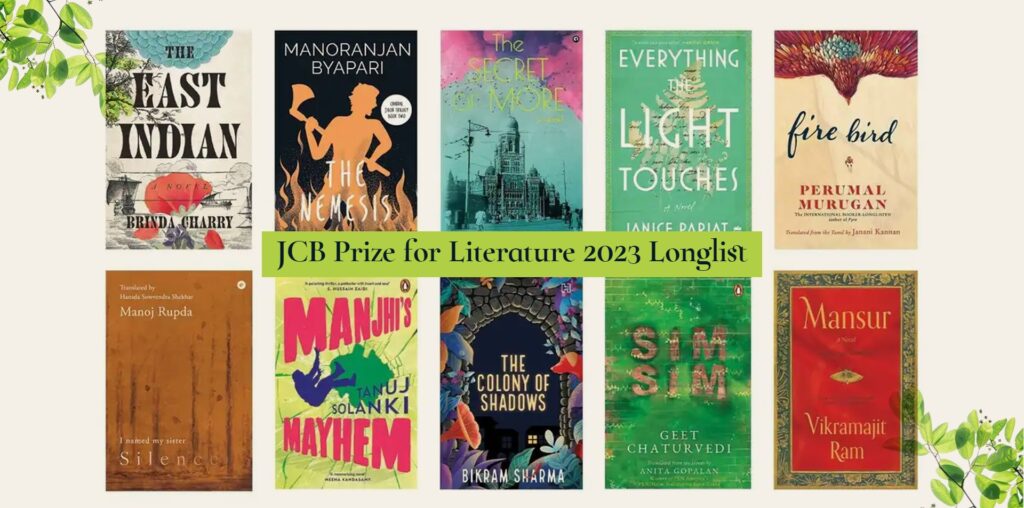
1 thought on “The Literary Tapestry of India: A Glimpse into JCB Prize for Literature 2023 Longlist”